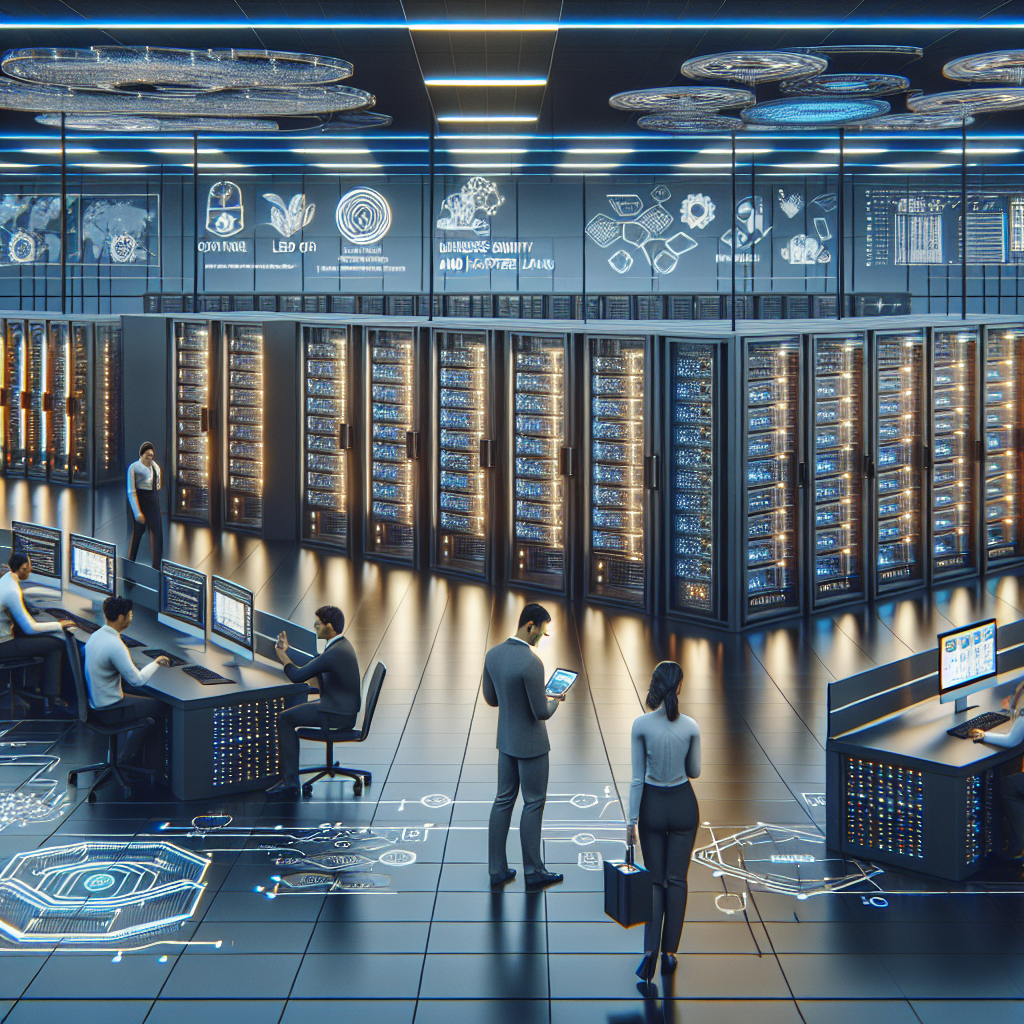In today’s fast-paced and ever-changing business landscape, it’s more important than ever for companies to be prepared for the unexpected. This includes having a robust business continuity strategy in place to ensure that operations can continue even in the face of unforeseen disruptions.
Data centers, in particular, play a crucial role in the modern business world. They are responsible for storing and managing vast amounts of data that organizations rely on to run their operations. As such, it is imperative that data centers have effective business continuity plans in place to safeguard this critical information.
One of the key components of a successful business continuity strategy for data centers is redundancy. This means having backup systems and infrastructure in place to ensure that operations can continue even if one part of the data center fails. This could include redundant power supplies, backup servers, and data replication systems to ensure that data is always available, even in the event of a disaster.
Another important aspect of business continuity planning for data centers is disaster recovery. This involves having a plan in place to quickly and efficiently recover data and restore operations in the event of a major disruption, such as a natural disaster or cyberattack. This could include regular testing of backup systems, as well as training employees on how to respond in the event of an emergency.
In addition to technical solutions, data centers also need to consider the human element when it comes to business continuity planning. This includes having clear communication protocols in place so that employees know what to do in the event of a disruption, as well as training staff on how to implement the business continuity plan effectively.
Overall, preparing for the unexpected is a critical part of running a successful data center. By implementing robust business continuity strategies that include redundancy, disaster recovery, and clear communication protocols, data centers can ensure that they are able to continue operations even in the face of unforeseen disruptions. This not only protects the data center itself but also helps to safeguard the critical data that organizations rely on to run their businesses.


Leave a Reply